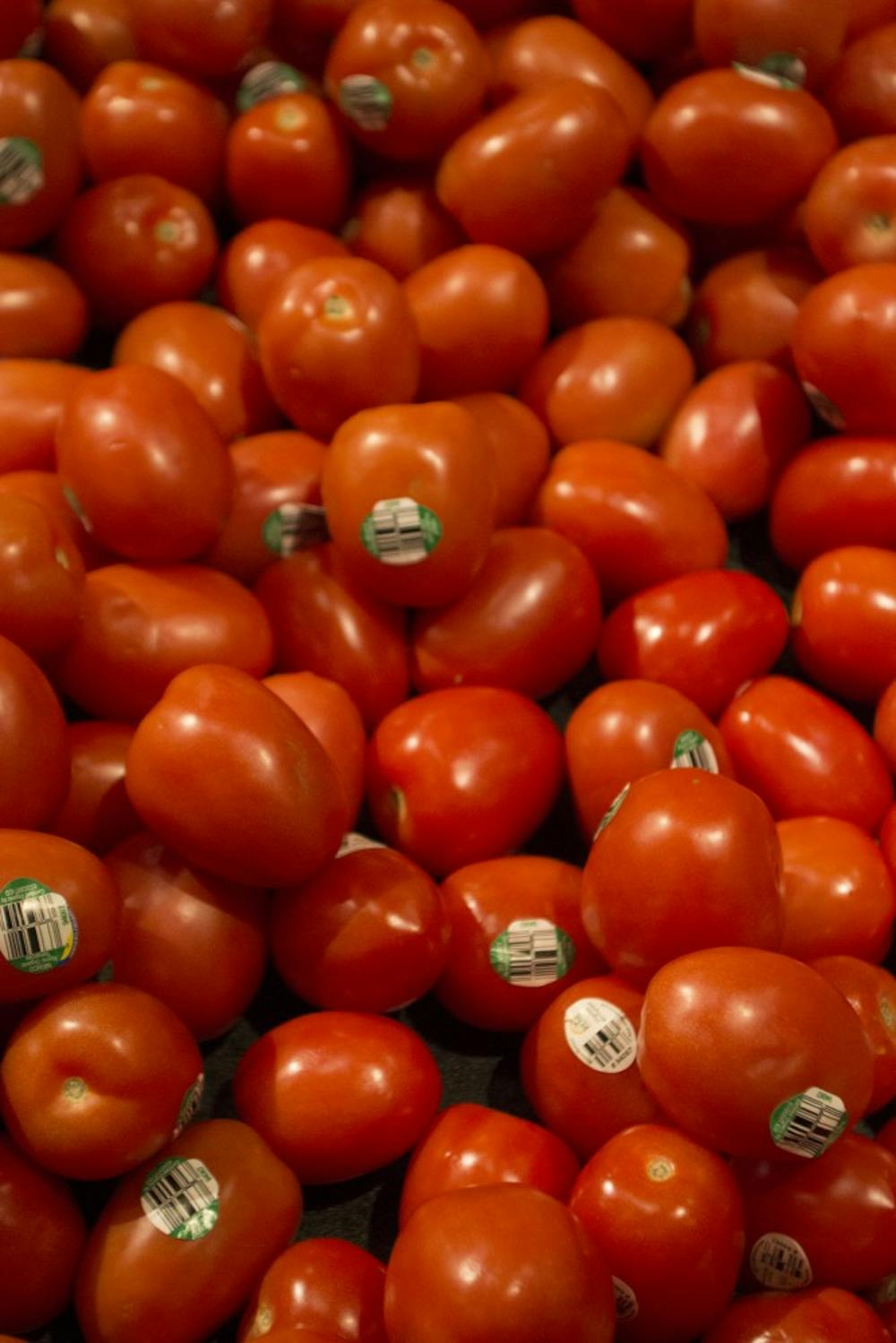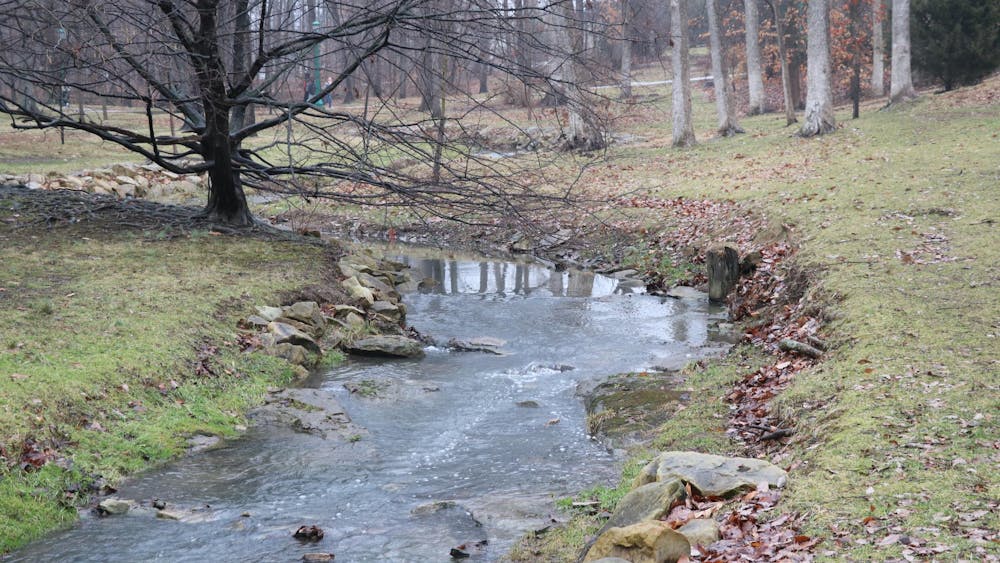Stephanie Niemeyer ate chicken and noodles. Sarah Gilland couldn’t resist a ham sandwich. No matter what the food was or how much time has since gone by, most vegetarians can remember their last meat-filled meal.
Though memories of these dishes have lingered after many months or years, these Bloomington residents stand by their choice to become vegetarians. Not because they don’t miss the smell of fresh bacon wafting up from the kitchen, but because it’s better for the environment.
“Basically, I think the meat industry is horrendous,” Niemeyer, a Bloomingfoods employee, said. “The waste that they produce and put into the waterways is really terrible.”
She’s not alone. Environmentalists across the state recently became upset about a state bill that, if passed, would limit the control local Indiana governments have over large livestock farms.
The bill sparked a lively debate between the farming lobby and environmentalists. The Senate committee concluded that the General Assembly would need more information before voting on the bill.
They decided to give Purdue University’s College of Agriculture until Nov. 1 to research the issue and report what they find.
Melissa Clark, a School of Public and Environmental Affairs professor who specializes in sustainability and watershed management, described the consequences uncontrolled livestock production can have on water sources.
“Raising livestock has a whole sweep of problems associated with its impact on waterways,” Clark said. “One of the biggest problems with farmers raising livestock is keeping them out of the streams. Their grazing also has a huge impact on soil health and on runoff.”
Clark explained that when large animals walk over the same space many times, it causes compaction and the soil becomes impermeable like a sidewalk.
Because of this density, it is no longer able to have root structures, air or water running through it. Plants are unable to grow in the area and rainwater, which can no longer seep into the ground, turns into excess runoff and brings unwanted nutrients into the waterways.
“We can’t keep forcing the industry to pump out so much livestock,” Clark said. “With a population of 7 billion people and growing, we can’t afford to lose these resources.”
Aside from the changes to soil and waterways, livestock produce a substantial amount of waste.
A recent study in the Climatic Change journal found that people who maintain a vegan diet are responsible for 50 percent less dietary greenhouse gas emissions than meat eaters.
“We spend a lot of time focusing on fuel emissions from cars and electricity and how that’s harmful, when in actuality our diets have a huge impact as well,” said Gilland, who wrote her senior thesis on the effects of a vegan diet. “The meat producers will try to convince you that there’s more ethical ways of doing it, but it’s really all bad.”
Deb Kelly, co-owner of Good Life Farms, said she disagrees. Though she and her family eat a largely vegetarian diet, they have also met livestock producers at the Bloomington farmers’ markets who they trust to provide meat in an environmentally responsible way.
“If I’m going to get meat, I like to know how it’s raised,” Kelly said. “We try to work with other local farmers because they have the same principles that we do as local growers. Being a farmer makes you really aware of what else is out there and the processes other people are using.”
Clark, a former vegetarian herself, agreed that this conscientiousness is what matters most.
“Try to connect with your food personally,” she said. “Between a meat-eater who really connects with the food and eats a lot of healthy local food and a vegetarian who eats everything out of a box, I would go with the meat eater.”
She does clarify that meat should not make an appearance in every meal.
“As you move up the food chain and start eating livestock versus primary plant material, you’re using more energy, more food resources and more water resources,” Clark said. “Instead of feeding people, you’re feeding those livestock which is so much more energy expensive, so try to come down on the food chain and when you do eat meat. Make it more of a special occasion.”






